I had the honor of attending the inaugural symposium of the Cultivating the Humanities and Social Sciences initiative by the AAS in Chiang Mai University, Thailand. As the project aims to support scholars from economically disadvantaged and conflict/ post-conflict areas of South and Southeast Asia, I witnessed how research scholarship on issues concerning communities in the global south is conducted by emerging scholars from those very communities. It made me realize the importance of local frameworks, cultural contexts, and phenomenon from lived realities, which I believe is crucial in providing real insights and academic models, which is often difficult to be observed if one uses a purely Western liberal framework or one from a purely global north context in mind.
The project is centered around the four hub universities, based in India, Pakistan, Thailand, and Cambodia. It was personally significant for me as well because the hub for Pakistan was my alma mater, the Lahore University of Management Sciences (LUMS), where I graduated from about 6 years ago. Meeting my old professors from LUMS and the other participants from Pakistan in the symposium, where I was representing my current university in Japan, i.e., Osaka University, was a uniquely momentous experience for me as I was able to witness the unique synergy in cross-cultural academic and research collaboration among participants and collaborators from Pakistan, Japan, as well as the hub and partner universities, all aiming towards the larger aim of supporting academic scholarship from the global south.
Finding similar structures, phenomenon, and contexts for our research
South Asian and Southeast Asian scholars together
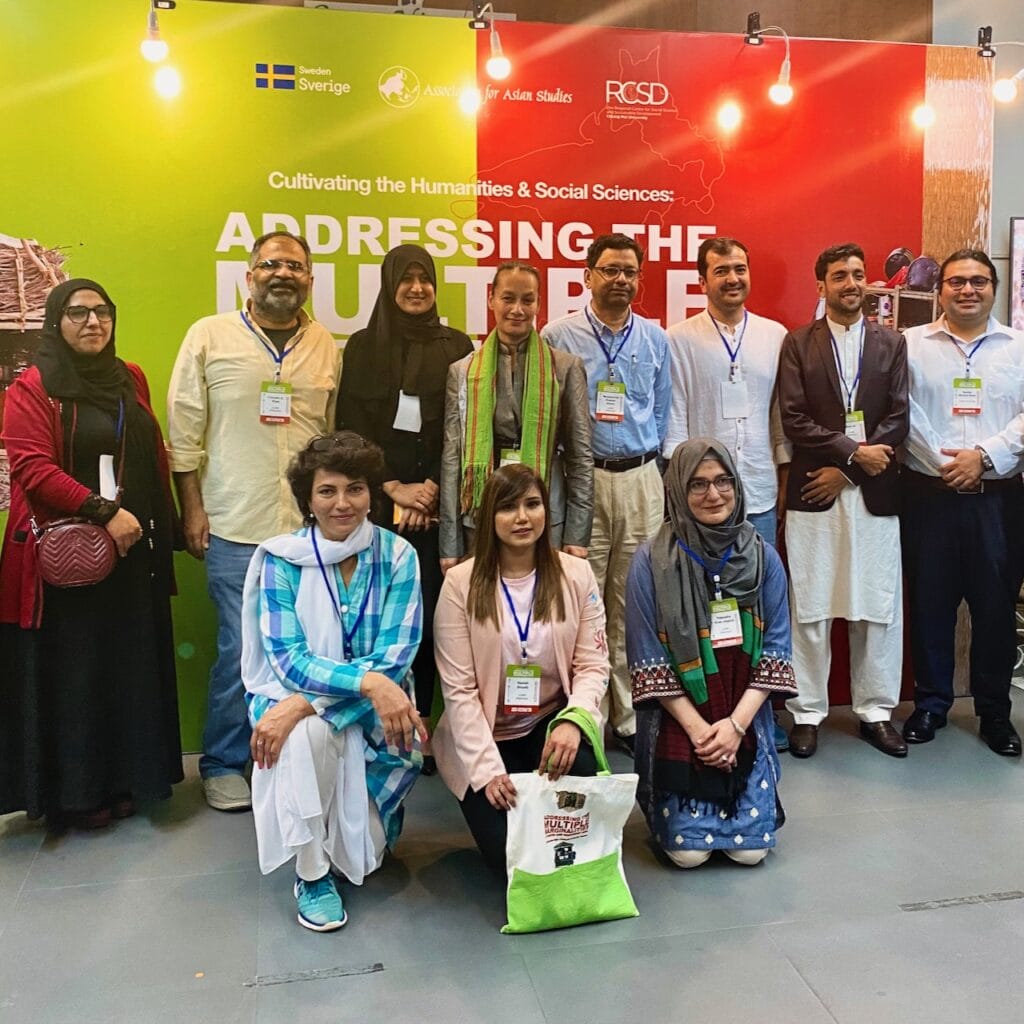
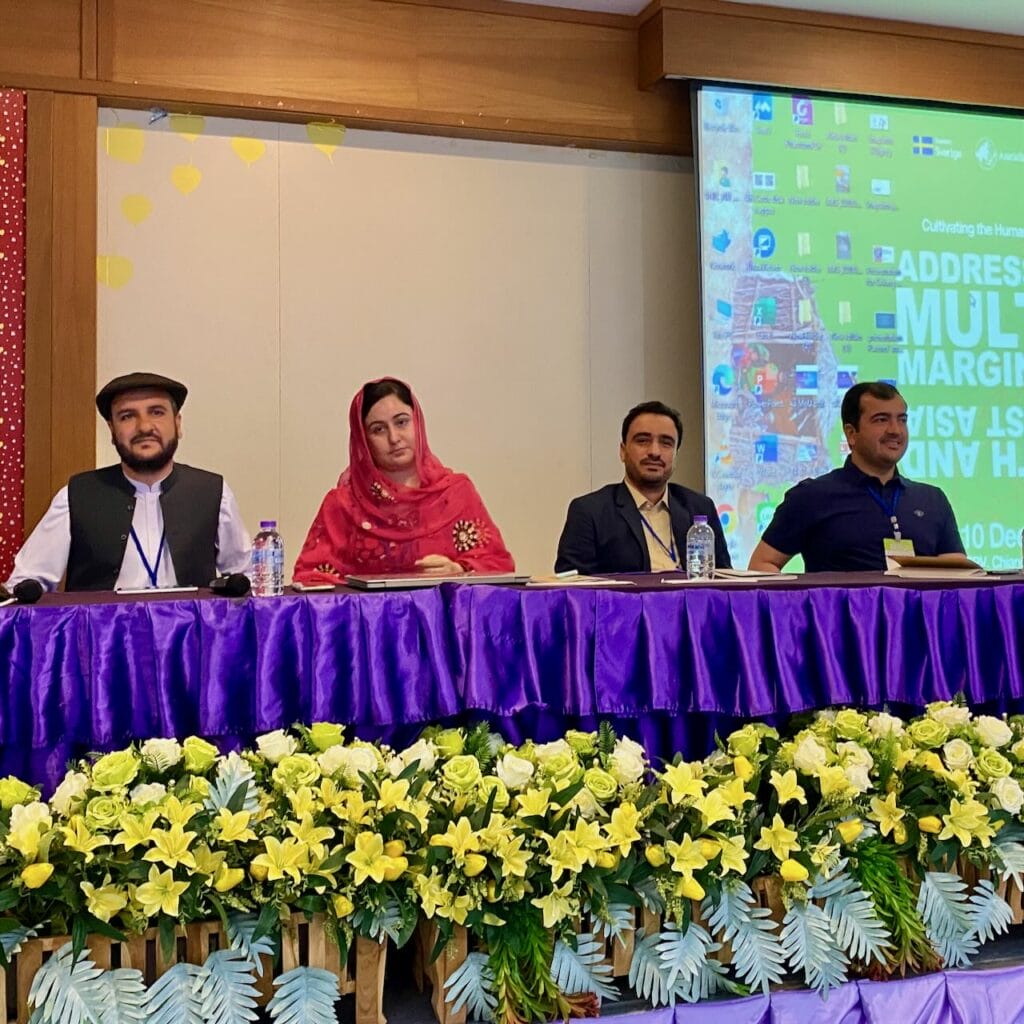
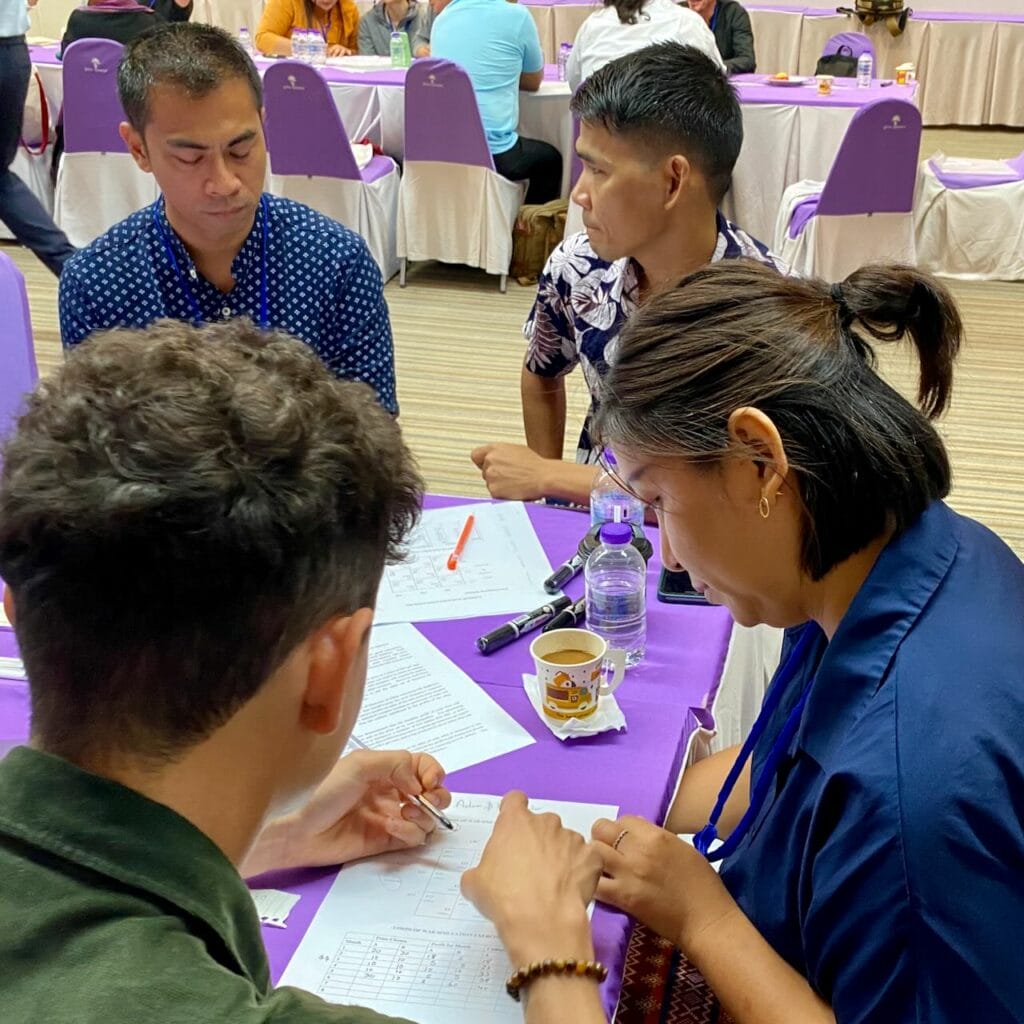
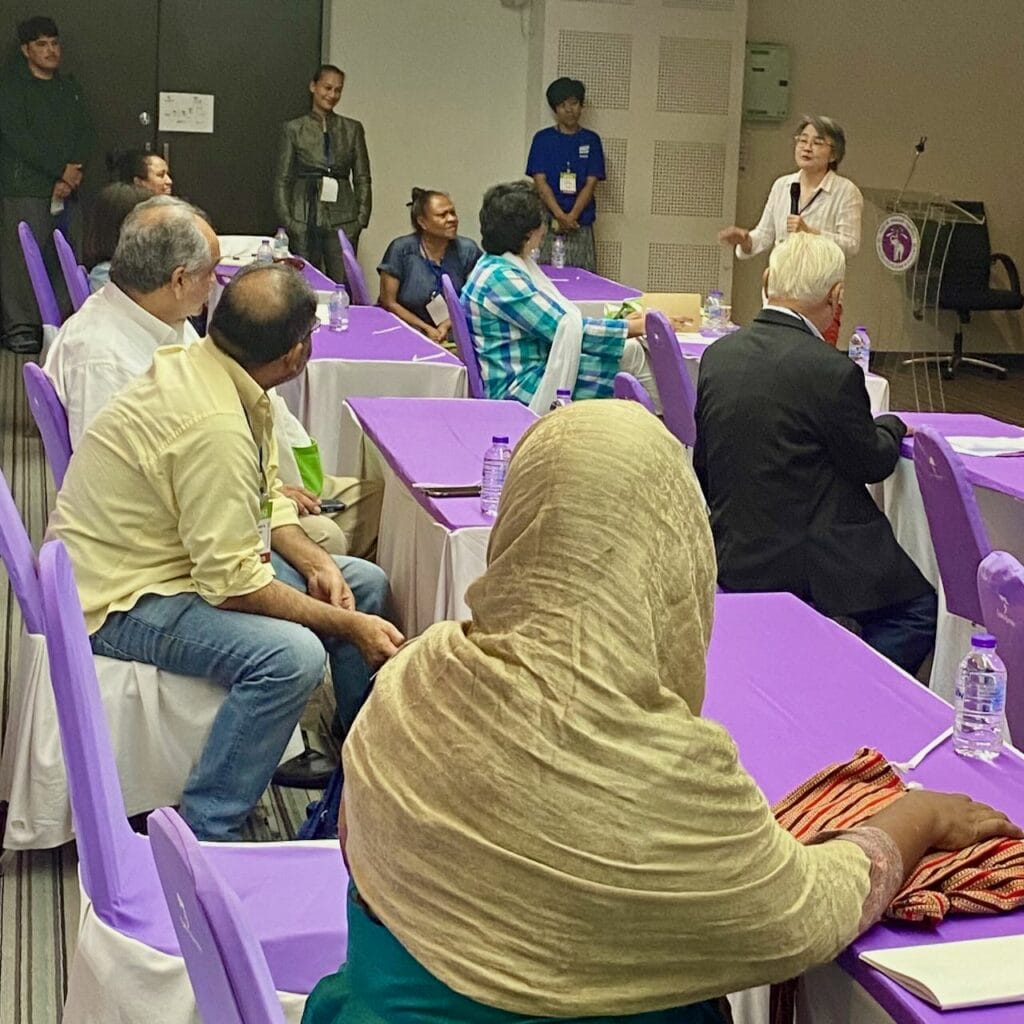
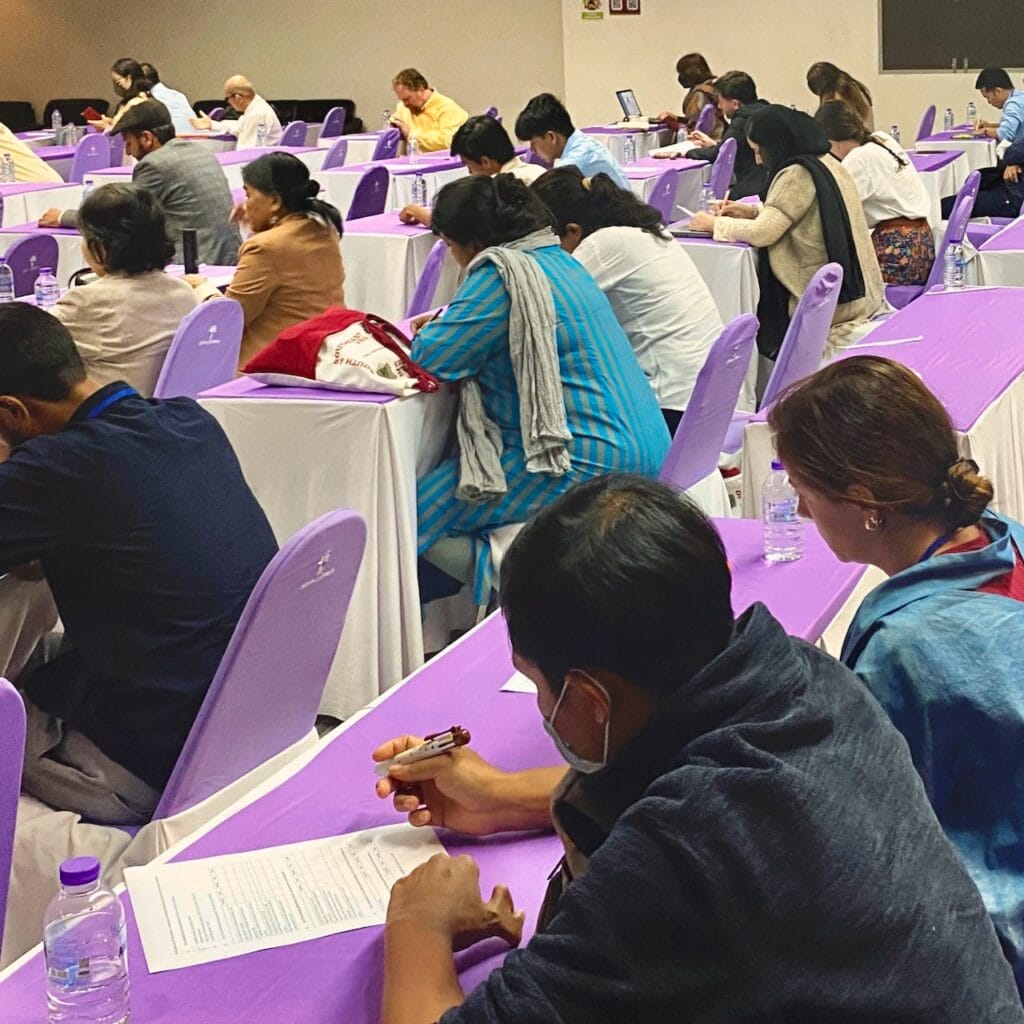
An important aspect of the project is the opportunity for cooperation between scholars of the same region as well as between South Asian and Southeast Asian scholars, who despite national, cultural, and historical differences, are able to find similar structures, phenomenon, and contexts for their research areas. Furthermore, such an academic network based on the four hub universities, would also allow opportunity for these scholars to collaborate on joint research projects covering a wide range of topics in Asian studies from the economics of microfinance programs to climate-induced migration to even translation of classical literature and poetry from the languages of Southeast Asia to ones from South Asia and vice versa.
Especially significant here was the fact that scholars and early career researchers from India and Pakistan were not just able to interact with each other and exchange ideas, but also to collaborate and learn from each other in order to advance their research projects together. Despite political tensions that continue to exist between Pakistan and India, such research collaboration is a unique opportunity that allows us to be able to gain academic insights that would otherwise not have been possible. It is true that many college students and professionals from South Asia often meet and interact with each other while studying abroad in the global north or working as expatriates, but I found this project to be exceptional in that it is an academic and research exchange opportunity that is not limited to those who are more fortunate in our two countries, but to the economically disadvantaged or vulnerable areas and regions of both countries, who otherwise would not have access to such research opportunities and avenues for collaboration. I believe that the research output from such collaboration would produce unique frameworks and insights, contributing towards scholarship and research by the global south.
Such an academic, research as well as cultural exchange of scholarship is, as far as I know, unprecedented and all the more needed, considering that the issues of the global south need academic insights, collaboration, and knowledge production from the communities of global south, not only to be more inclusive but to also move towards an academic scholarship and the very nature of knowledge that should include those frameworks and contexts which exist in the global south, independent of a global north frame of observation.
Moreover, when we take into account the focus on conflict and post-conflict societies, where often academic space and opportunities for research are drastically reduced, such projects allow not just the chance for research and academic progress to continue but to also to contribute to our understanding on the very nature of conflict societies, which is not an abstract phenomenon but one that adds to peacebuilding in conflict and post-conflict societies in a very real manner.
Finally, when it comes to academic research, capacity-building opportunities and access to research tools are what is often lacking in early career scholars in underrepresented communities. This is where the project’s research capacity-building workshops and trainings are crucial, which support these scholars to gain access to the necessary toolkits which will help them to conduct their research, within their particular contexts, not just for the human development of the global south communities but this also adds to the larger aim of a just and equitable knowledge generation and academic research.
Shah Sardar Ahmed
Shah Sardar Ahmed is PhD students at Osaka School of International Public Policy, Osaka University